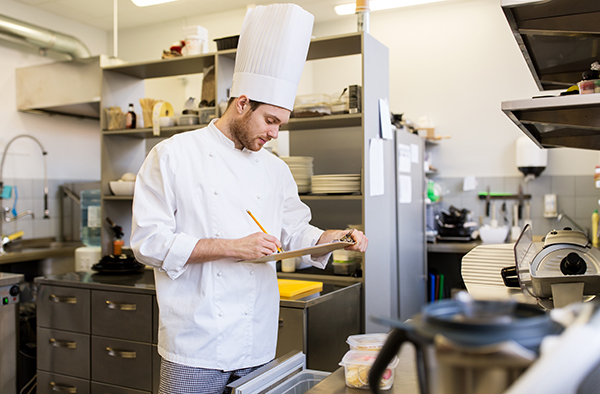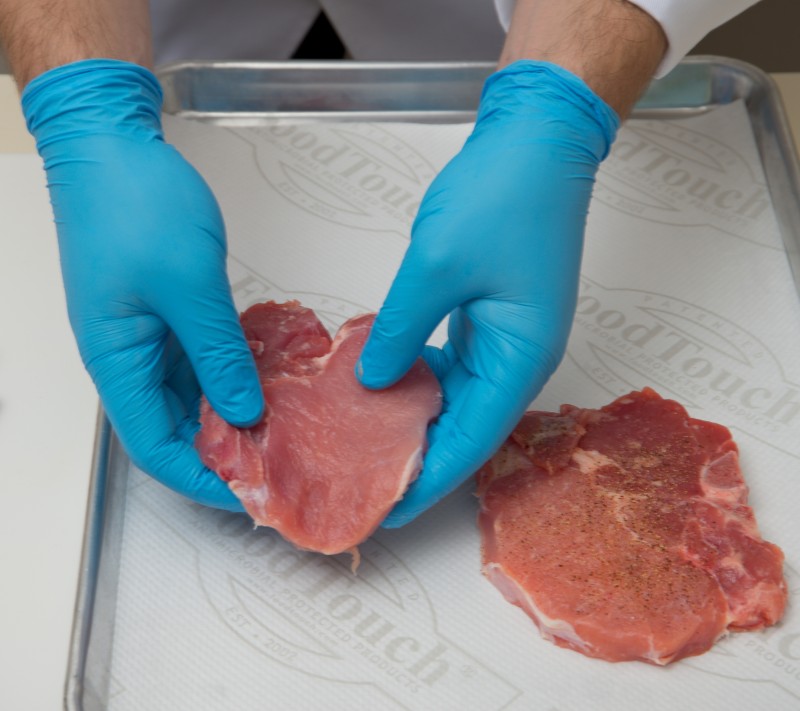Managing Food Safety During the Foodservice Holiday Rush
The holiday season is a time of increased activity and demand in foodservice operations, from catering large events to preparing meals for many holiday parties. For the operation I managed, this was always the time of year we transitioned from weddings every weekend in our banquet rooms to holiday parties for businesses and manufacturing companies. While the holidays bring joy and celebration, they also bring unique food safety challenges. With higher volumes of food being prepared, the potential for foodborne illnesses increases, making it critical for foodservice operators to ensure that their food safety practices are up to standard. Here are a few key strategies for managing food safety during this holiday season.
One of the most common risks we see year-round is improper temperature control. With an increased number of buffets, catered events, and take-out orders, maintaining the correct food temperature becomes more challenging. If food is left at unsafe temperatures for too long, harmful bacteria like Salmonella or E. coli can multiply quickly. Invest in the proper amount and style of food warmers, heat lamps, and refrigerated boxes you need for your business. For buffet-style services, ensure that food is frequently monitored and maintained at the proper temperature, when necessary. Additionally, use temperature logs to keep track of food temperatures throughout the day to help prevent issues before they arise.
Controlling the time and temperature within the confines of our establishment is one thing, but when it comes to take out orders or catering events, we need to be sure to pass on this key information to the guests who may not have the same food safety knowledge that we do. Use labels or provide safe food handling information sheets to guests and warn them about the dangers of not handling food properly. Keep in mind it is your business that will be implicated if there is an outbreak, even if you did everything correctly up until the point the customer left your establishment with the food.
It’s also important to manage stock efficiently. With large quantities of ingredients being used quickly, ensure that older items are used first, and that all food is properly labeled with dates and storage instructions. Using a first-in, first-out (FIFO) inventory system helps reduce waste and prevent using expired ingredients.
The holidays often result in a surplus of food, especially in buffet-style settings or catered events. Handling leftovers properly is crucial to prevent foodborne illness outbreaks. Leftovers should be cooled quickly and stored in airtight containers in the refrigerator. When reheating, ensure that the customers knows that the food should reach a safe internal temperature of 165°F before serving.
The holiday season often brings more staff into kitchens, including temporary or seasonal workers who may not be as familiar with your operation’s food safety protocols. Ensure that they are familiar with the specific food safety procedures of your operation, including temperature checks, proper handwashing, and how to handle food safely. Clear communication across shifts and between departments ensures that food safety remains a priority throughout the day.
…A team-oriented approach helps prevent mistakes and ensures a safe environment for both workers and our guests.
With additional temporary or new staff, maintaining that food safety culture that we’ve often discussed becomes even more important. Encourage employees to report any concerns about food quality, storage, or safety risks immediately. A team-oriented approach helps prevent mistakes and ensures a safe environment for both workers and our guests.
By maintaining proper temperature control and training staff effectively, foodservice operators can navigate the busy season without compromising the safety and quality of their meals, keeping both guests and staff safe during this festive yet high-pressure time. Happy holidays to you, your team, and your families. Risk Nothing.










